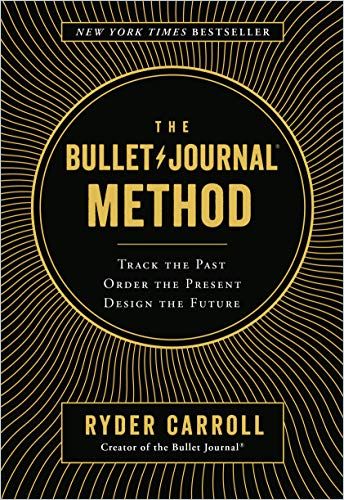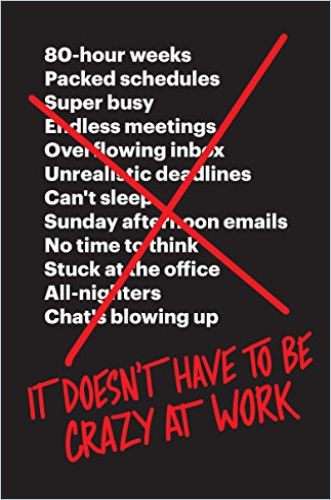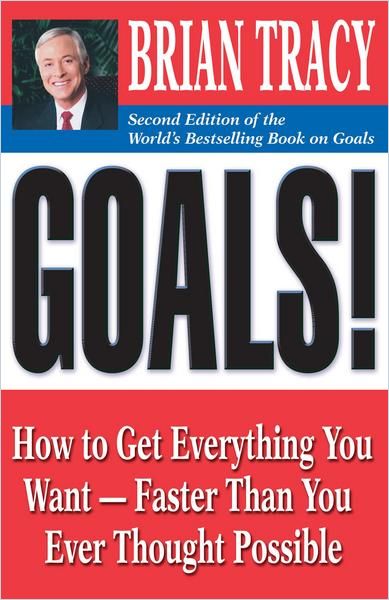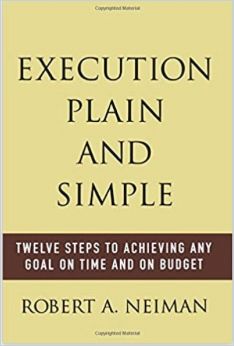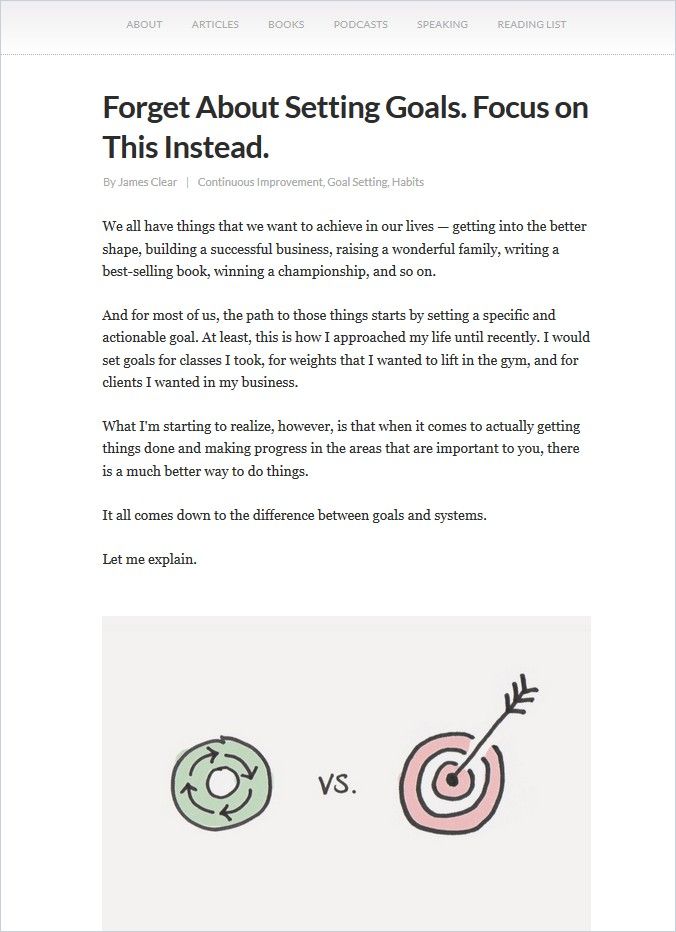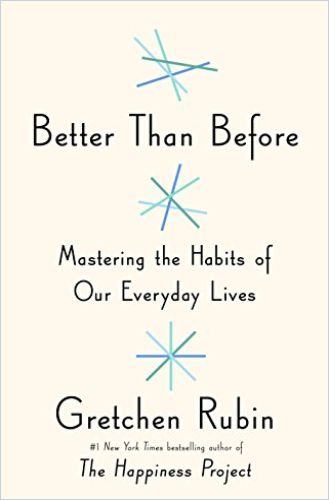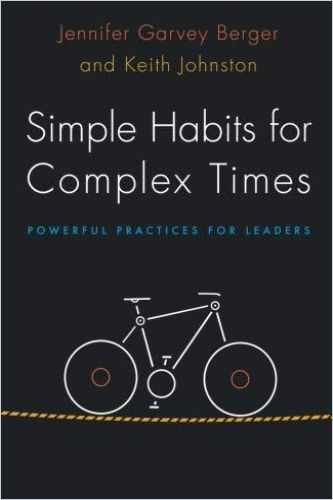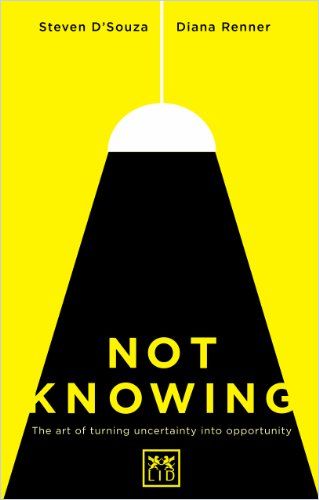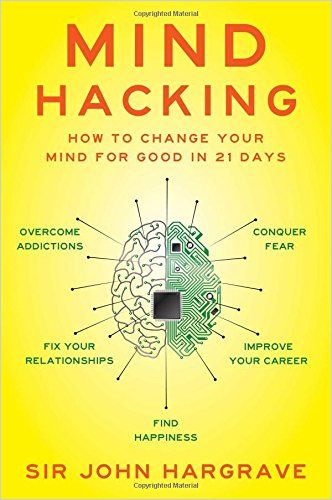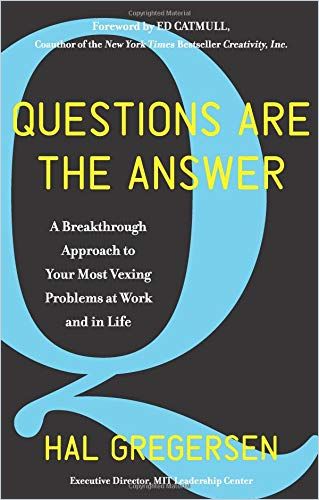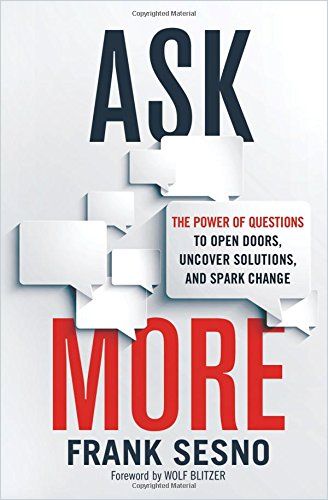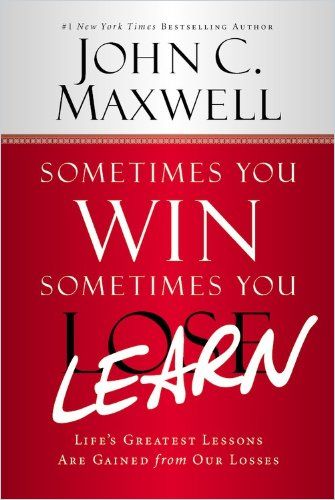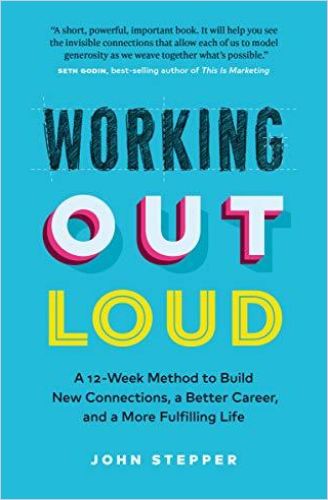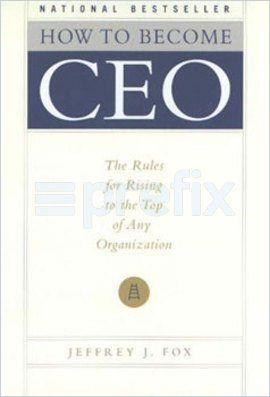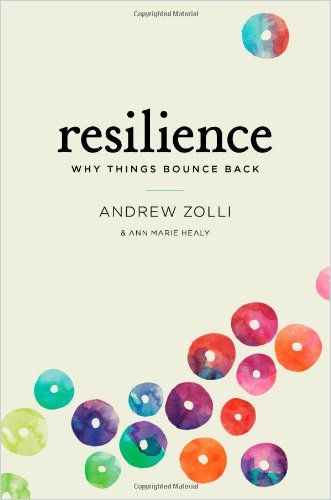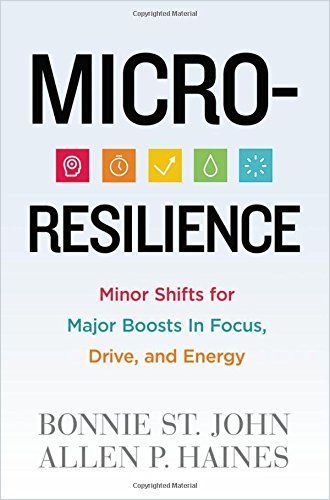How to Climb the Career Ladder Faster

Personal progress is a matter of moving forward, sure, and upward, at best. But where forward and up are, you should define before you start running! A few simple questions that everyone should answer for themselves can help: Where do you want to go? What is your goal? What motivates you? What possibilities do you have? And what holds you back and makes you think?

Once you have answered these questions, perhaps at the beginning of your professional life, or if you want to reorient or reinvent yourself, you can get started: From here on, the same laws of success always apply, in ever-varying shades, of course.
Rule One: Keep Goals, Motivation, Opportunities and Constraints in Mind
No matter what came to your mind when answering the simple questions above: Write your thoughts down, and weigh them.
- For the goal, summarize it as simply and succinctly as possible. Where do you see yourself in five years? Why? Often, single words are enough: “family,” “CEO,” “no-longer-intern.”
- To illustrate motivation and possibilities, pros-and-cons lists for each goal are useful.
- For the problems you’ve identified (personal limitations, lack of qualifications, idiotic supervisors, etc.), you should create another list. Then, go through them one by one using the getAbstract library search to figure out which ones can be solved (and how) and which ones are inevitable.
Rule Two: You Have No Idea
Sounds simple, but it’s not. The point here is: Sure, you can define goals and create smart lists, and they will certainly help you navigate your climb. However, things always turn out differently than you think. You don’t know what the future will look like. But you’ll have an idea of what it should look like.
Be flexible, keep evaluating possibilities, motivations and obstacles. And if you notice that the statement of your goal changes, then re-evaluate everything or add a new goal with all new related points. If you don’t, you’ll meet the fate of a lemming – sooner rather than later.
Rule Three: Try to Limit the Effects of Rule Two
To be a little less clueless and thus better prepared, three things help.
First: A “don’t-know” mind-set. To make it your attitude, all you need is a sign on your nightstand or desk, and twice-daily glances at it: “I know that I know nothing” is a saying derived from Plato’s account of the Greek philosopher Socrates. (Thank us later!) The so-called Socratic paradox teaches you humility and confidence, and it’s also an excellent conversation opener when you take someone home with you.
This brings us to, second, your network. Make it up of people who are far superior to you in at least one thing at a time. It doesn’t matter what that is. If you ask yourself about your network, you’ll find that the best people in it are superior to you in more things. That’s good because you’ll always have someone to ask for advice in situations where you’re reaching your limits. It’s been proven that if you have better colleagues, you’ll get ahead faster in life. So, if you don’t know, keep on asking!
And third, make sure you’re superior to your network in more than one way. Learn. Always. Everywhere. Specialize specifically, but it doesn’t matter what in. The main thing is that you never stop gathering knowledge and skills. This also applies to your job: The next time your boss asks who can take over this or that task, take it over, no matter if it is your specialty or not. If you do this again and again, then sooner or later you will have increased your knowledge in the area that is currently relevant to you to such an extent that your boss will spare you the jerk tasks.
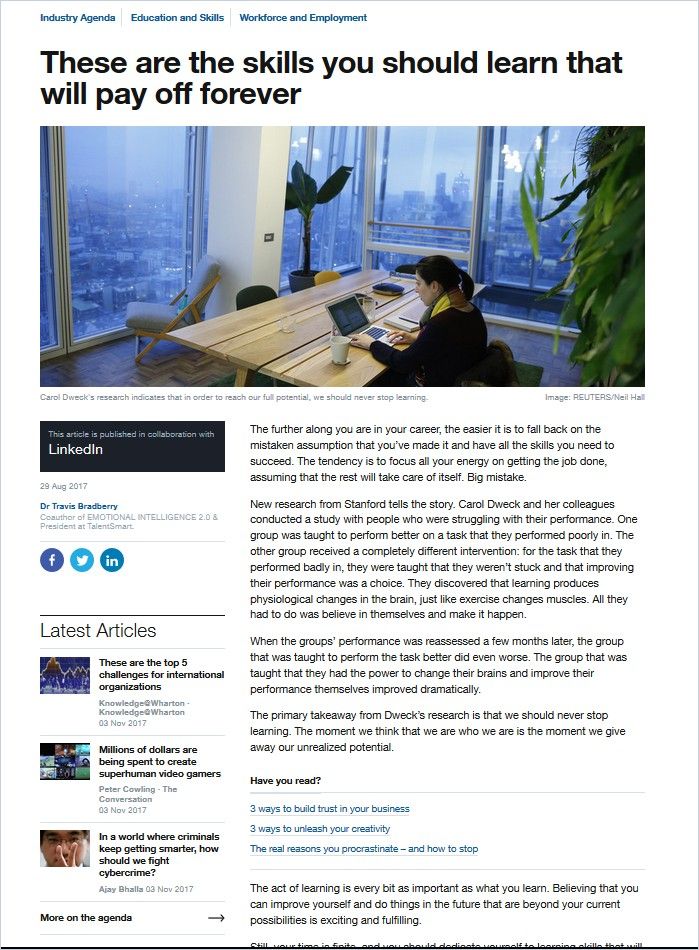
These Are the Skills You Should Learn That Will Pay Off Forever
World Economic Forum Read SummaryRule Four: Show Yourself!
No, you don’t have to chum up or behave artificially in order to climb up the job ladder. In fact, you should avoid companies or industries in which this is necessary – apart from in Hollywood, where you can’t avoid it. But if you never raise your hand, never contradict, always do your job, you’ll stay invisible. And those who can’t be seen are statistically less likely to be promoted.
Use your skills and talents even where no one expects them. Do you have a passion for the barbecue? Although that’s rarely mentioned as a core CEO skill, at the next company party offer to stand next to the fire! That way, you’ll get to know everyone, and if you don’t mess up the expensive fillet, everyone will remember you, too.
Rule Five: Expect Setbacks
We wouldn’t need to say anything here if your chosen path was a no-brainer after the first few steps. No, you will have to digest setbacks. You will be lazy from time to time, lose the thread, or even lose sight of the goal. You will be disappointed by the decisions and people in your environment. You will fall on your face. You will be furious, want to tear down the sign on your nightstand or desk or throw a TV out the window. All of that is perfectly OK. The only important thing is to then get back on your feet, and put the pictures back up. And, well, see if anyone walks by under your window first!
The magic word is “resilience.” People who have this superpower not only live healthier, better, and happier lives – they also have a positive influence on their entire environment. And everyone around will notice (check off Rule Four!).
Rule Six: Pat Yourself on the Back When You Reach Milestones
The road is usually longer than you first thought. But, like the ladder, it’s made up of many steps, and each one you reach that brings you closer to your goals should be celebrated.
What sounds simple is often not at all, as many careerists lose sight of what they have achieved very quickly and therefore aren’t happy along the way. Beware of perfectionism: You should draw the necessary happiness from small successes and use it to motivate the next. You may not have reached the summit yet, but the view gets better with every step.
